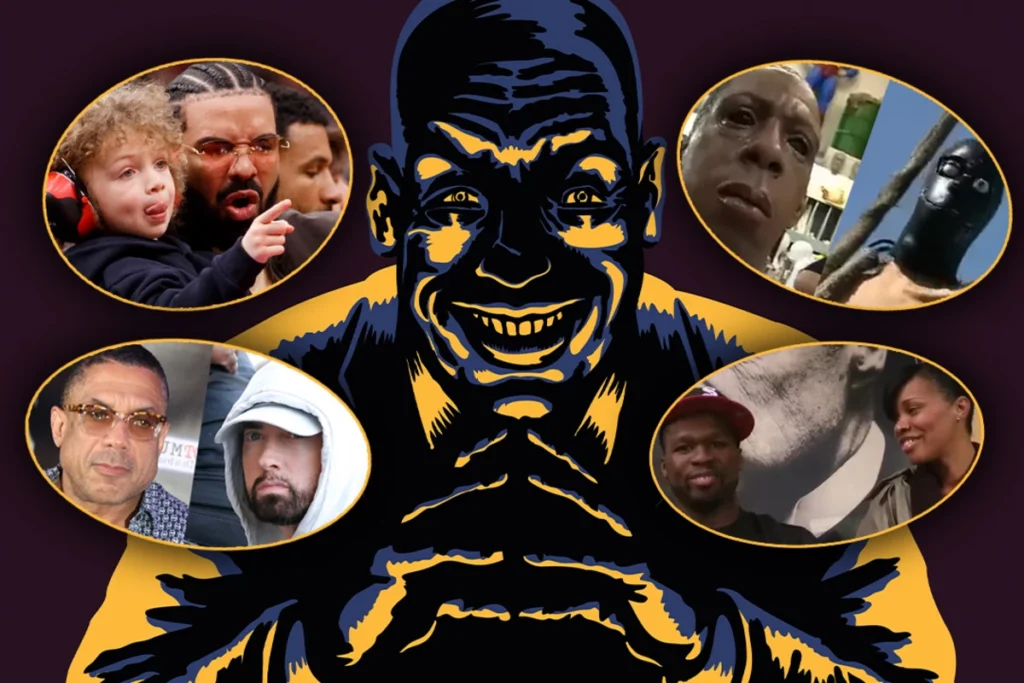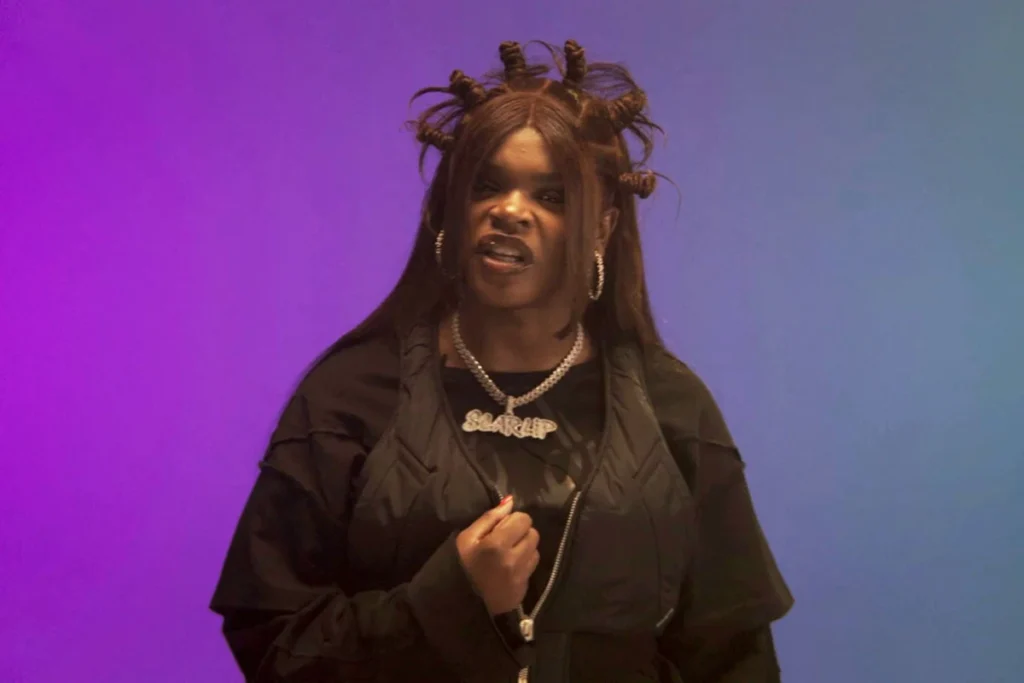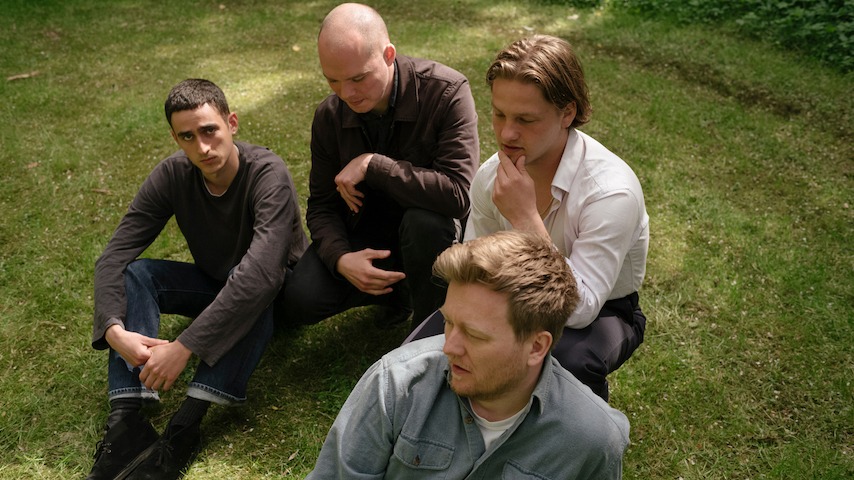The Nigerian sound that revolutionized African music in the 1970s—and the music of other continents for decades to come—was called Afrobeat. Most of the credit was given to Fela Anikulapo Kuti, the singer, songwriter and showman who inspired millions with his rabble-rousing politics, macho swagger and musical charisma. But the beat in Afrobeat came from Kuti’s innovative drummer, Tony Allen, a quiet, wiry man who was as revolutionary in his own way as the more celebrated Kuti. “Without Tony Allen,” Kuti himself famously said, “there would be no Afrobeat.”
Allen, who died of an aortic aneurysm in Paris Thursday at age 79, was a different kind of revolutionary. He didn’t want to throw out the old; he wanted to build something new on top of it. For him, the old was the music of West Africa’s rural villages, where three or four drummers would join twice as many singers to play the traditional songs and dances. The old was also the highlife music of the cities, where the polyrhythms of the village hand drums were translated to the modern drum kit surrounded by horns and guitars.
Allen had an advantage over other drummers on the scene. Because his father was Nigerian and his mother was Ghanaian, he wasn’t locked into one tribal culture. He was free to wander the streets of Lagos, Nigeria’s polyglot megalopolis, checking out each tribe’s celebrations and ceremonies, absorbing the subtle differences between one neighborhood and the next. He brought that entire rhythmic vocabulary to the stage and it made him a highlife star. But he wasn’t satisfied.
“I get bored listening to the same thing again and again,” he told me in his trailer at the 2018 Newport Jazz Festival. “I knew that we drummers were doing something wrong, because we didn’t use the hi-hat pedal, only the bass drum pedal. It was like trying to ride a bicycle using only one pedal. Why was that? Because we didn’t know what it was there for. So I went looking for a solution, and in an issue of Downbeat I found two pages of Max Roach teaching how to use the open hi-hat sound and the closed hi-hat sound.”
This was around 1960, long before videos and the internet, so Allen had to deduce from the printed page how to use the hi-hat. But he did, and that gave him a secret weapon that elevated him about all the other drummers in West Africa. The more he dug into North American jazz, the more powerful that secret weapon became. His first hero was Gene Krupa, who was soon replaced by Roach and Art Blakey when they started getting played on Nigerian radio.
“This was drumming that opened my mind and exercised my brain waves,” he added. “I said, ‘How many guys are playing on this record? Two? Three?’ They said it was only one guy. I had to study those records and figure out how he did it. This was beyond highlife, which is music for dancing at parties; this was talking to me on a deeper level.”
About the same time, Kuti returned home to Lagos after a five-year stay in London, where he too had fallen under the sway of American jazz. He was eager to start his own jazz band, but he couldn’t find an acceptable drummer until someone told him about Allen. They played jazz for a while, but the big money was being made by the highlife dance bands. So they expanded their jazz quartet into a large ensemble featuring guitars, horns, percussionists and singers. They called it Fela Kuti & Africa ’70.
It was unlike any highlife band anyone in West Africa had heard before. So they gave music a new name: Afrobeat. Kuti sang about politics and philosophy as much as romance, and the songs kept getting longer and longer till they were 10 to 15 minutes on records and to 25 or 30 minutes on stage. And they could keep going that long without getting boring only because Allen’s drumming was never static.
He kept changing the rhythm from 4/4 to 6/8 and back again; he would shift the accent from the one-beat to the two-beat and back again. He would get loud; he would get quiet. You never knew where the bottom was going to go next, and yet the constant flow of the groove was never interrupted. And that happened because Allen added jazz nuance into the pulse without erasing the village drumming at the bottom of it all.
“Dynamics are not easy for drummers,” he told me. “They know they have to hit the drum, but their teachers forget to teach them about nuances, about how to play soft. Without that, you don’t have dynamics. I don’t beat my drums; I caress them. If you beat somebody up, they can’t be your friend; they’ll run away from you. If you beat up your wife, she’ll be your enemy even if she stays with you. But if you caress her, every time you come back from work, she’ll be your everlasting friend.”
Allen and Kuti played together from 1963 through 1978, creating some of the most influential records in African history, including such classic singles as “Zombie,” “No Agreement,” “Shakara” and “Lady.” By the end, however, Allen got tired of the arrests and violent clashes with the government and became both a singing bandleader and drumming freelancer. He eventually moved to France and found many Europeans eager to hire him.
Most notably, he became one quarter of the band called The Good, The Bad and the Queen alongside Blur’s Damon Albarn, the Clash’s Paul Simonon and the Verve’s Simon Tong. Allen and Flea formed a project called Rocket Juice & the Moon. Allen played on two albums by the African-Belgian group Zap Mama. Allen and techno DJ Jeff Mills collaborated on an album that matched live drumming with programmed beats and keyboards.
But Allen had dreamed of recording a straight-ahead jazz album ever since he’d heard Roach and Blakey on a Lagos radio station. And that dream finally came through when the prestigious American jazz label Blue Note Records signed him up for two recordings in 2017: The Source, an LP of original compositions, and A Tribute to Art Blakey & the Jazz Messengers, a four-track EP.
“I didn’t want to sing anymore,” Allen said. “I wanted to do some albums where the horns take over the singing. On the Blakey records, the horns handle the melody; I wanted to do that. When I started to compose the music, I didn’t preview it in my mind; I just sat down at the drums and played until I created somethings that hadn’t been there before. Only then did I move to the keyboard to write the bass part, the guitar part, the keyboard part, the horn parts.”
In January of this year, Allen teamed up with South African trumpeter Hugh Masekela for Rejoice, an album that captured Allen’s unusual integration of rhythms across the history of the African Diaspora—from pre-industrial villages to post-industrial studios, from Lagos dancehalls to New York jazz clubs. That fusion was how Allen started, and that’s how he ended.




